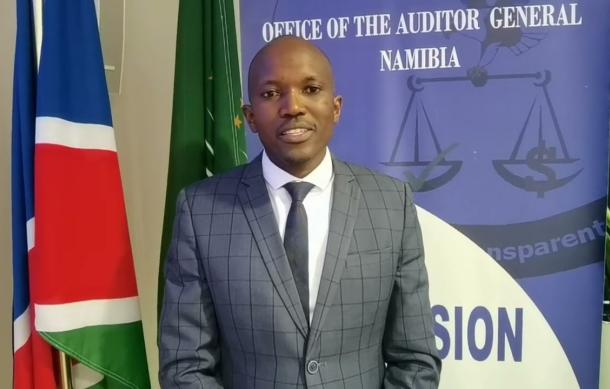
In what may appear to be a legislative oversight, the Auditor General of Namibia lacks the authority to audit or demand audited financial reports from political parties, despite these parties receiving substantial public funding.
This responsibility is currently assigned to the Electoral Commission of Namibia (ECN), flagging a significant gap in financial accountability.
Shali Kapepo, a Deputy Director in the Cash-Based Audit Directorate in the office of the Auditor General, highlighted the need to address this legislative omission when he answered questions from nbc journalists, during a Civil Society Organisation Information Session held at the Institute for Public Policy Research (IPPR).
The session, was held under the theme "Understanding the role of the Auditor General and finding synergies with CSOs."
The current law creates a paradox where the entities responsible for scrutinizing the Auditor General's reports—the Parliamentary Standing Committee on Public Accounts—comprise members from political parties that are not subject to the same financial scrutiny.
Kapepo argued that granting the Auditor General jurisdiction over political parties is essential for ensuring the proper use of public funds.
Recently, the ECN took action by de-registering two political parties for non-compliance with the Electoral Act, citing their failure to submit audited financial reports.
This move underscores the challenges faced by the ECN in enforcing financial accountability without the direct involvement of the Auditor General's office.
Kapepo says, legislative reform could enhance transparency and accountability within the political landscape of Namibia.
By empowering the Auditor General to audit political parties, Namibia can ensure that all entities receiving public funds are held to the highest standards of financial integrity.





